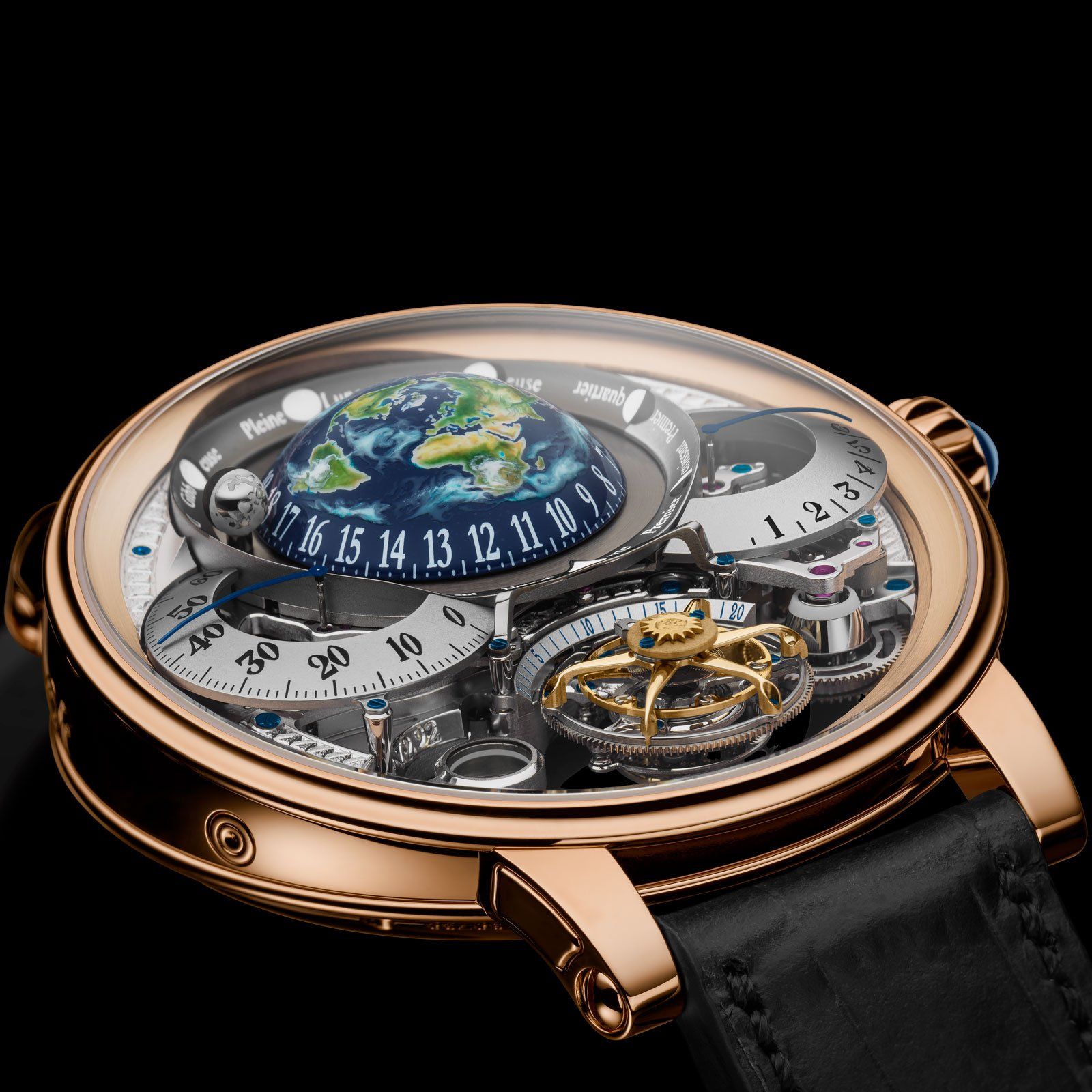Truly great watches don’t roll off assembly lines every day. They are the product of a rare kind of extreme craftsmanship, and their creation is the product of thousands of man hours spent refining and piecing together something truly unique.
It seems that this is doubly true with the BOVET Récital 22 Grand Récital. It must be, with a price range between $460,000 for the red gold casement and $500,000 for the platinum.
In the Business Insider video at the top of this post, Jack Forster of Hodinkee.com explains that “the most expensive watches are expensive because they’re set with precious stones, which of course raises the price through the roof.”
Not so with the Grand Récital. The watch, says Forster, “is as expensive as it is entirely because of the amount of craftsmanship that goes into it and the length of time that it takes to produce the various effects that make the watch what it is.”
It should be no surprise then that there just aren’t that many Grand Récitals to go around—another factor influencing the nearly half-million dollar price tag.
There are, in fact, just 60 in the world, and each one is numbered and decorated with luminous artwork.
Forster carefully describes major watch features such as the globe representing the Earth’s northern hemisphere and the meticulously-rendered tourbillon, but it’s careful camera work that underscores the fact that this is essentially a real work of art, one that will only increase in value even as it ticks away.
It may be true that any old smart watch can handle all these functions. But they are made in sterile factories by various technicians using mass-produced hardware.
It’s unlikely you’ll find an Apple Watch in a carefully-guarded vault or a museum in 100 years, functioning just as well as it did when it left a Chinese factory. The the BOVET Récital 22 Grand Récital?
It’s destined to have entire display case of its own, still measuring the phases of the moon and the hours and minutes of the day as it did when it left the hands of a Swiss watchmaker.

